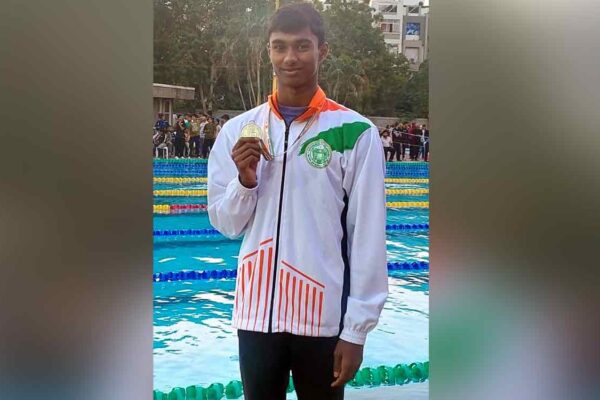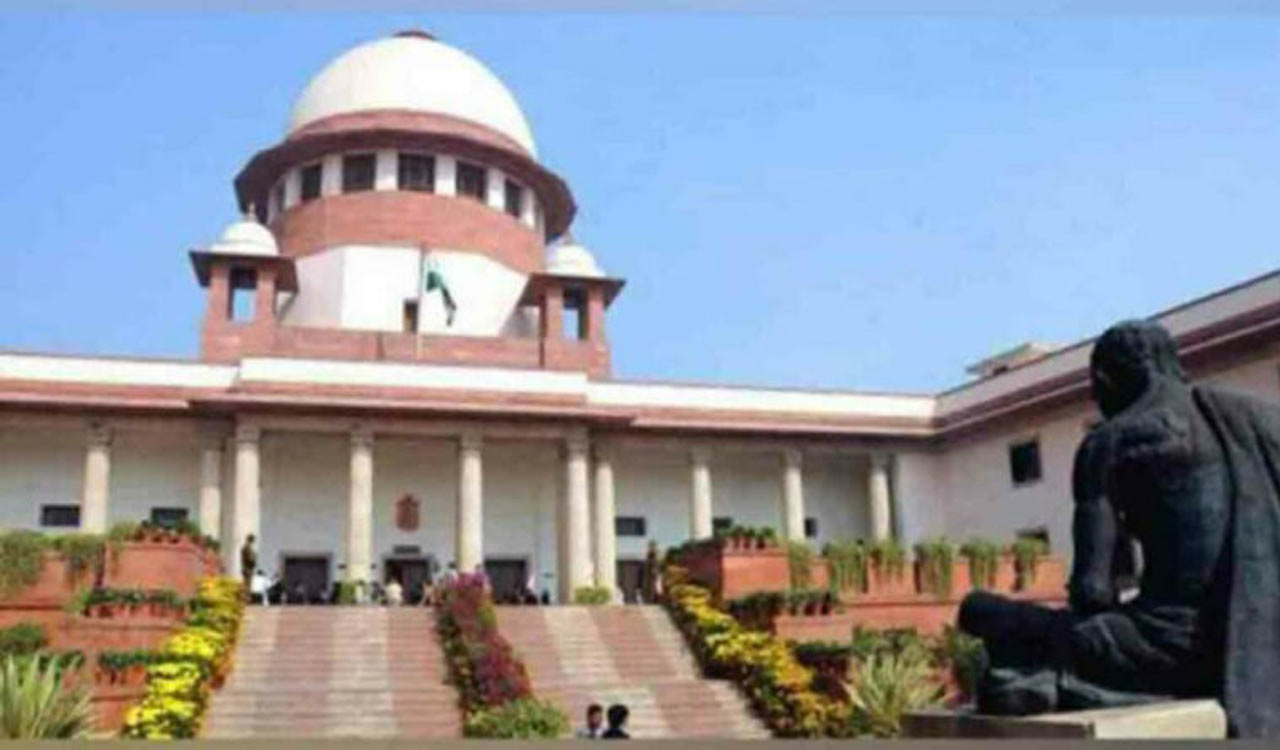Terming the High Court observations as “highly objectionable and unwarranted”, a Supreme Court bench said the observations are completely in violation of the rights of adolescents under Article 21 of the Constitution
Published Date – 11:30 PM, Fri – 8 December 23

New Delhi: Judges are not expected to express their personal views or preach, the Supreme Court remarked on Friday, strongly criticising a Calcutta High Court judgement which advised young girls to “control sexual urges” and adolescent boys to train themselves to respect women.
Terming the High Court observations as “highly objectionable and unwarranted”, a bench of Justices Abhay S Oka and Pankaj Mithal said the observations are completely in violation of the rights of adolescents under Article 21 of the Constitution.
In its October 18 judgement, a Division Bench of Justices Chitta Ranjan Dash and Partha Sarathi Sen of the Calcutta High Court said that adolescent girls should “control sexual urges” and “not give into two minutes of pleasure”. The apex court said the issue before the High Court was legality and validity of the order and judgement dated September 19/20, 2022 by which a man was convicted for offences under sections 363 (kidnapping) and 366 (kidnapping, abducting or inducing woman to compel her marriage) as well as Section 6 of the Protection of Children from Sexual Offences (POCSO) Act.
“As per the order of the CJI, suo motu writ petition has been initiated mainly due to sweeping observations/findings recorded by the division bench of the High Court.
“In an appeal against conviction, the High Court was called upon to decide only the merits of the appeal and nothing else. Prima facie, we are of the view that in such a case, the Hon’ble judges are not expected to either express their personal views or preach.
“After having carefully perused the judgement, we find that many parts thereof, including paragraph 30.3, are highly objectionable and completely unwarranted. Prima facie, the said observations are completely in violation of the rights of adolescents under Article 21 of the Constitution,” the Bench said.
“Prima facie, we are of the view that the judges are not expected to express personal views or preach,” the Bench said while issuing notice to the West Bengal government and other parties in the case.
The top court appointed senior advocate Madhavi Divan as amicus curiae to assist the court and advocate Liz Mathew to assist the amicus. The matter has now been posted for hearing on January 4, 2024.
The High Court had made the observations while hearing an appeal by a boy who was sentenced to 20 years in prison for the offence of sexual assault. The High Court had acquitted the boy stating that this was a case of “non-exploitative consensual sexual relationship between two consenting adolescents, though consent in view of the age of the victim is immaterial”.
The High Court had also said it is the duty/obligation of every female adolescent to “protect her right to integrity of her body; protect her dignity and self-worth; thrive for overall development of her self transcending gender barriers; control sexual urge/urges as in the eyes of the society she is the loser when she gives in to enjoy the sexual pleasure of hardly two minutes; protect her right to autonomy of her body and her privacy”. “It is the duty of a male adolescent to respect the aforesaid duties of a young girl or woman and he should train his mind to respect a woman, her self-worth, her dignity and privacy, and her right to autonomy of her body,” the High Court had said.








